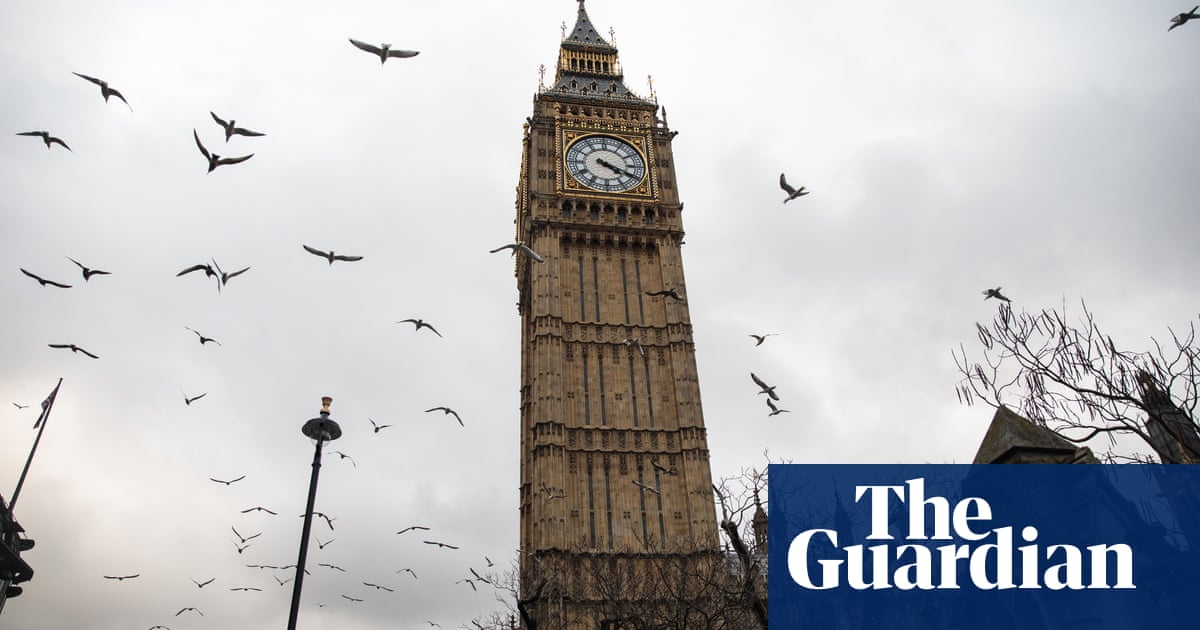
A judicial review aimed at overturning a decision to ditch a judge-led inquiry into the involvement of British intelligence in torture and rendition will be heard in secret after a challenge involving two MPs failed.
The Conservative David Davis and Labour’s Dan Jarvis had joined with human rights charity Reprieve to demand the case be heard in public after it emerged that a further 15 potential cases of post 9/11 human rights abuses may exist.
Presiding judges Dame Victoria Sharp and Mrs Justice Farbey ruled on Tuesday that neither the charity nor the MPs had a right to have the full case heard in public because they were not themselves victims of torture or rendition.
“In these circumstances, it is difficult to envisage how the present judicial review proceedings – which concern the investigative duty – have anything to do with the claimants’ civil rights,” the judges concluded.
Reprieve said it had wanted to see a “bare minimum” of information to properly understand the UK government’s defence and said in a statement it would consider an appeal.
“History shows that in the absence of public testing and scrutiny of the evidence, justice is not done,” Maya Foa, the director of Reprieve, said.
If the decision is not appealed against, a full hearing will be heard in secret with Davis, Jarvis and Reprieve represented by two special advocates, who will not ordinarily be allowed to communicate with the claimants.
An earlier hearing heard that 15 potential cases of torture or rendition involving British intelligence at the height of the “war on terror” were examined last year in a previously secret Whitehall review.
MI6 had told the court that “none of these 15 cases presents an extant and unmet investigative obligation” – a form of words that did not rule out that torture or rendition involving British intelligence had in fact taken place.
Priti Patel, the home secretary, added in a witness statement that extra material could not be disclosed to Davis, Jarvis or Reprieve or heard in public because the interests of national security would be damaged as a result.
The MPs and the charity want the government to reverse a decision made by Theresa May in the dying days of her premiership to abandon a promise made by the former prime minister David Cameron to hold a judge-led inquiry into British involvement in torture and rendition in the years following 9/11.
The most notorious case is that of Abdel Hakim Belhaj, a Libyan dissident who was abducted by the CIA in 2004 from Thailand and sent back with his wife, with the help of information supplied by MI6. Once back in Libya he was tortured and sentenced to death, although he survived and ultimately received an apology from May.
A public inquiry under Sir Peter Gibson was halted by the government while the Belhaj case was concluded in the courts. An ensuing inquiry by the intelligence and security committee was abandoned after being prevented from taking evidence from witnesses in the intelligence agencies.
The full case is due to be heard in the autumn at the earliest.












